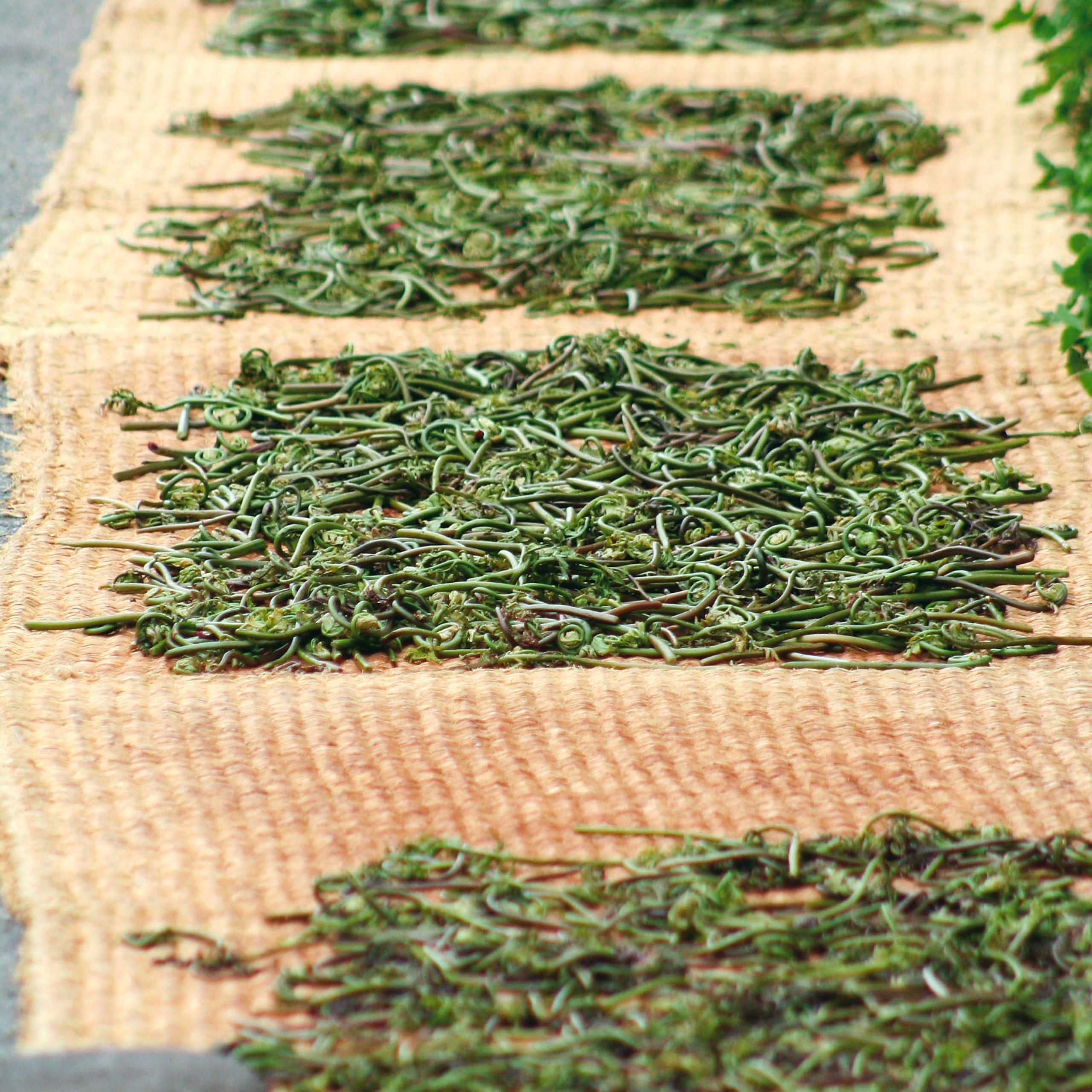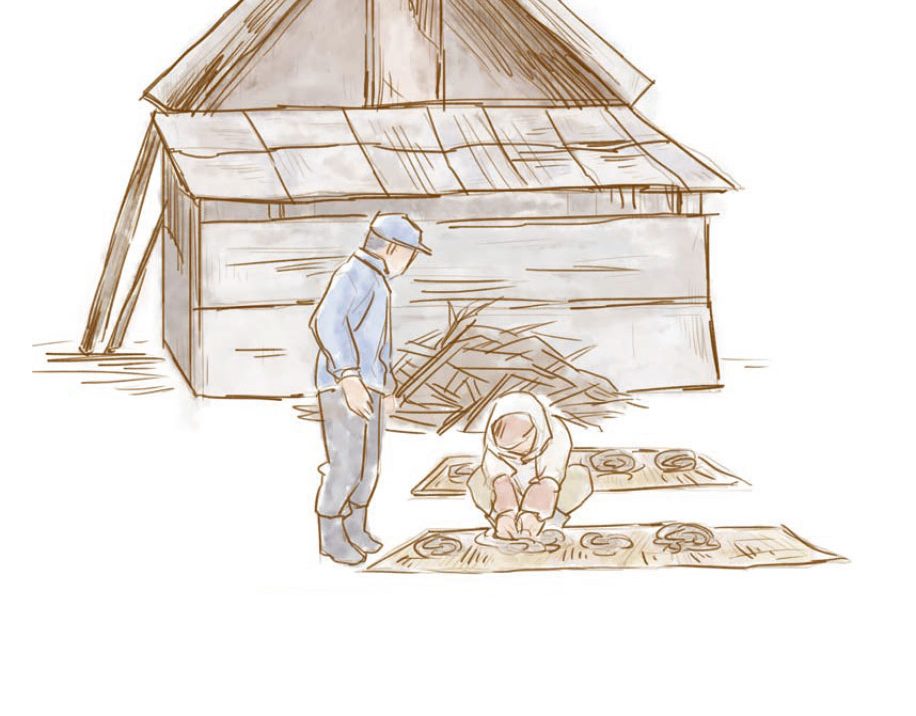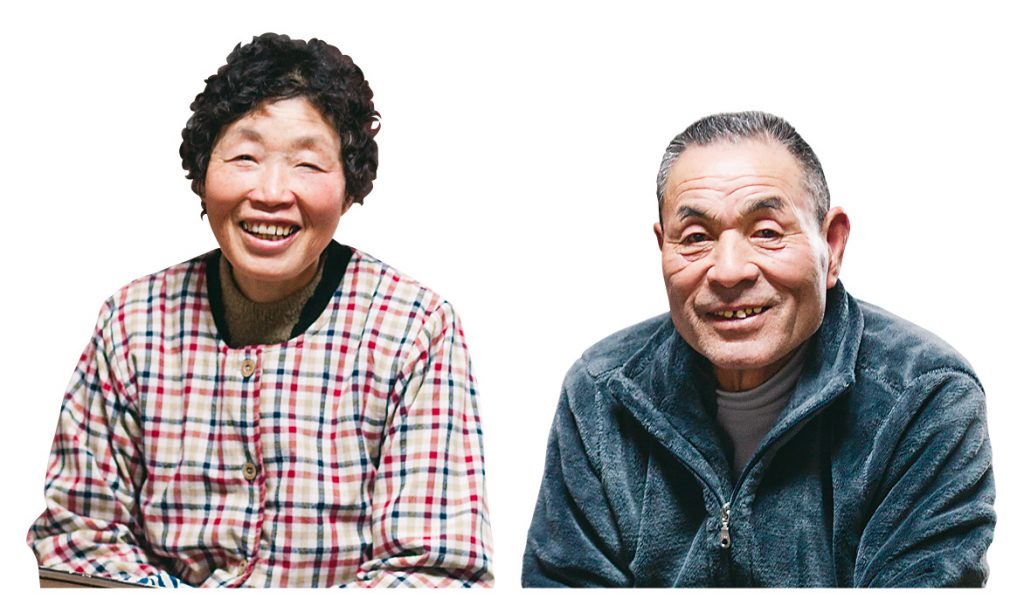Japanese food has gained global recognition, with “Washoku” designated as a UNESCO Intangible Cultural Heritage in 2013. Washoku emphasizes seasonal ingredients and embodies both health and cultural richness. However, there are lesser-known aspects of this cuisine. In this article, we introduce zenmai, a unique wild vegetable deeply tied to the traditions of YUKIGUNI.
Why Zenmai is Special
Zenmai, or royal fern, is a type of wild vegetable that thrives in Japan’s mountainous regions. It has been valued as a rare and precious food for centuries due to the difficulty of harvesting it in steep, remote areas. The labor-intensive process required to prepare zenmai for consumption further adds to its uniqueness and cultural significance.

A Delicate Process
Freshly harvested zenmai contains strong natural astringency. To make it edible, the stalks are boiled and then spread out under the sun to dry. This drying process, followed by repeated hand-kneading to soften the texture, takes two to three days. The dried zenmai can be stored for extended periods, making it a vital preserved food for the harsh winters of YUKIGUNI.
Zenmai and the YUKIGUNI Lifestyle
In YUKIGUNI, the arrival of spring marks the beginning of the zenmai harvest. Snow often lingers until May, and as soon as it melts, the people venture into the mountains to gather this precious vegetable. The dried zenmai becomes a staple for the winter months, often served as part of the New Year’s feast, symbolizing abundance and preparation for the future. Thus, zenmai reflects the cycle of seasons and the wisdom of this snowbound region.

The Hard Labor Behind Zenmai
Harvesting zenmai requires dedication and endurance. Families like the Hoshi couple, who have been collecting zenmai for over 40 years, spend two months living in the mountains each spring. Their days start at 3 a.m., and they work tirelessly, carrying loads of up to 22 kilograms back to their hut. The zenmai is boiled, dried, and prepared daily before they retire early in the evening, ready to repeat the grueling routine.

They don’t pick as much as they used to but they still spend spring in their mountain zenmai hut.
A Valuable Harvest
Despite the physical demands, the rewards can be substantial. In a typical season, a family may harvest hundreds of kilograms of zenmai, earning significant income from specialist merchants. The quality and preparation of the stalks, as well as the drying method, influence the market price, with sun-dried “akaboshi” commanding the highest value.
A Symbol of YUKIGUNI’s Resilience
Zenmai is more than a delicacy; it’s a symbol of the resilience and ingenuity of the YUKIGUNI people. By turning a challenging natural environment into an opportunity, they have created a food culture deeply connected to their land and traditions. The story of zenmai highlights the harmony between nature, hard work, and culinary art that defines Japanese cuisine.
By learning about zenmai, we uncover not just a hidden part of Japanese food culture but also the enduring spirit of a region shaped by snow and seasons.


-1024x626-2.jpg)
